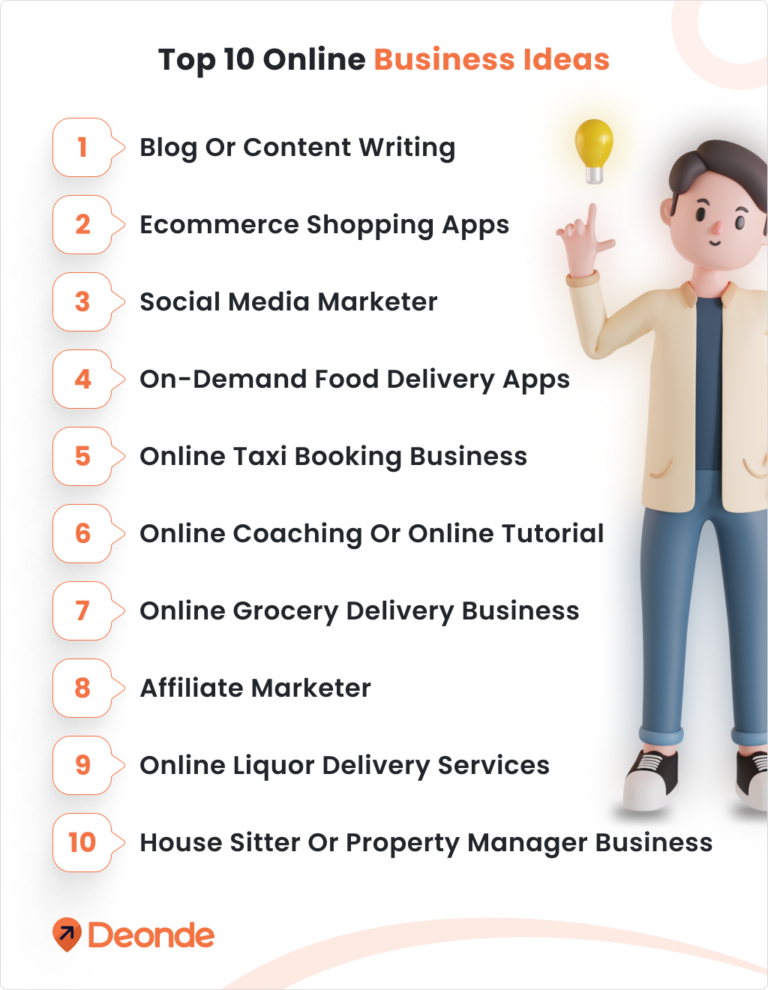Small Business SEO Optimization Guide: Rank Higher and Grow Smarter
If your small business isn’t showing up in search results, you’re missing out on your most cost-effective source of leads. Search engine optimization (SEO) is how you compete online no matter your size or budget. This small business SEO optimization guide is built for local shops, service providers, and online entrepreneurs who want more visibility, traffic, and sales. With the right strategy, you don’t need a massive team or budget just consistent, smart efforts. Whether you’re just starting out or trying to outshine bigger competitors, this guide shows how to optimize your site to attract the right visitors and convert them.
Understand What Your Customers Are Searching For
Good SEO starts with keyword research. You need to know the phrases potential customers use to find your services or products. These could be local (e.g., “plumber in Chicago”) or niche-specific (e.g., “eco-friendly office supplies”). Use tools like Google Search Console, Ubersuggest, or SEMrush to uncover keywords with moderate competition and clear search intent. Focus on keywords that signal action like “buy,” “near me,” or “services” and build your content around answering those queries clearly and naturally.
Optimize Your Website for Speed, Structure, and Mobile
Search engines reward websites that are fast, well-structured, and mobile-friendly. Make sure your pages load quickly, your navigation is intuitive, and your site adapts perfectly to phones and tablets. Use clear URLs, relevant meta tags, and structured headings (H1-H3) to help Google understand your content. Compress images, fix broken links, and avoid excessive plugins. If your website isn’t optimized technically, even great content can struggle to rank.
Create Content That Solves, Educates, and Converts
SEO isn’t about stuffing keywords it’s about creating content that matches what people are looking for. Blog posts, service pages, guides, and FAQs should all answer real customer questions in a helpful, engaging way. Use your keywords naturally in titles, headers, and throughout your copy. Local businesses should create content focused on geographic keywords and highlight service areas. The more valuable and specific your content, the more likely Google will recommend it to searchers.
Build Backlinks and Local Citations That Boost Authority
Google looks at who’s talking about your business. When reputable websites link back to your site (backlinks), it signals trust and authority. Start by getting listed in local directories, industry-specific listings, and review platforms like Yelp, BBB, or Google Business Profile. Write guest posts for blogs in your niche or partner with local businesses for cross-promotion. The more relevant and local these links are, the better your rankings will become.
Track Results and Refine Based on Real Data
SEO isn’t a one-time effort it’s an ongoing process. Use Google Analytics and Google Search Console to monitor your traffic, keyword rankings, and bounce rates. See which pages perform best, what users search before landing on your site, and where they drop off. This data helps you improve content, adjust strategy, and double down on what’s working. Even small tweaks can lead to better rankings and more leads over time.
FAQs About Small Business SEO Optimization
How long does it take to see SEO results?
Typically, you’ll see initial changes within 2–3 months, with stronger traction building around the 6-month mark.
Is local SEO different from general SEO?
Yes. Local SEO focuses on rankings in your geographic area key for brick-and-mortar and service-based businesses.
Do I need a blog for SEO?
A blog isn’t required, but it’s highly effective. Blogging gives you more chances to rank and showcase your expertise.
Can I do SEO myself or should I hire someone?
You can handle basic SEO on your own. But if you want faster or more competitive results, hiring a professional helps.
What’s the most important SEO tip for small businesses?
Focus on solving real customer problems both in your content and your user experience. That’s what search engines value most.
